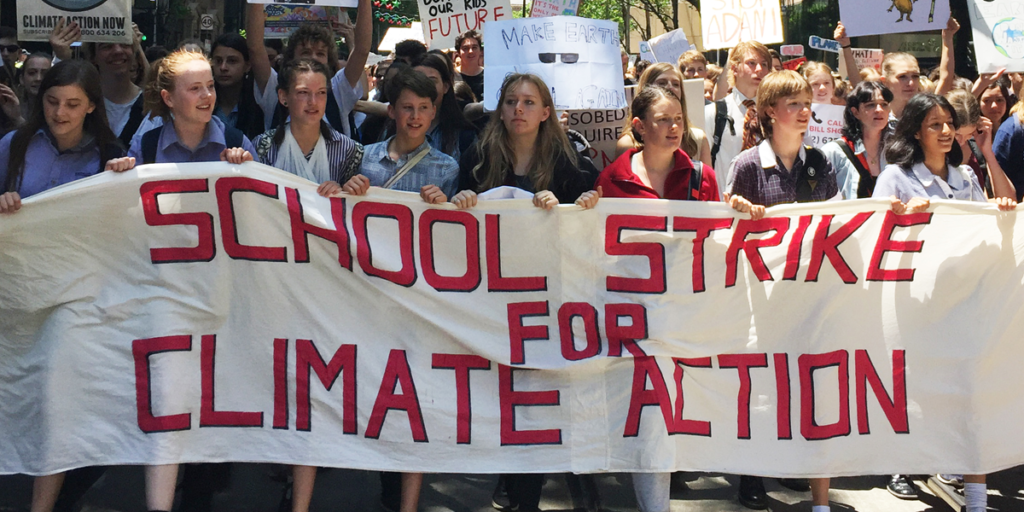
One discussion we have been encouraging at workshops is asking people “What does climate justice look like on the ground?” or in part of everyday life. What are some practical or tangible approaches we could take to act in ways that are climate just?
Seek out impacted people
Practical climate justice involves “nothing about us without us”. Research and learn from work those impacted have initiated before “helping”.
- For example, see the practical work that the Climate Justice Union has done with the people of Collie for a Just Transition for Collie
Support a local First Nations group
Don’t wonder why they won’t join “your” group. Find out how you can support them. Build relationships and trust. Some good groups to support include:
- Warriors of Aboriginal Resistance who have groups in Melbourne, Brisbane and elsewhere.
- Seed Indigenous Youth Climate Network
- Fighting in Resistance Equally (FIRE)
- groups that involve both allies and First Nations people such as Deaths in Custody support groups.
Keep an eye out for practical direct action opportunities
In the recent fire and smoke disasters, people have been helping out in all different kinds of ways. From donating, to sewing pouches for injured wildlife, to distributing masks to homeless people, to building a platform for people to find a bed.
- Here is an article about the work FIRE have been doing, getting water to regional Aboriginal communities.
Further discussions around Climate Justice
Another discussion to have is "Who is missing from our movement?". One particular group that has been noted is young families. Here is an example of a response to that: tips for Family Friendly Organising.
Things are going to get worse before they get better if we manage to swing this ship around. So build community, support each other and work out how you can connect more with your local neighbourhood. Building community, resilience and strong networks is the only thing that will hold us through the times to come.
If you want to encourage discussions with your own groups in these areas:
- Facilitation resources are available at Seeds for Change
- 350.org has great resources for climate organisers as well as this collection.
